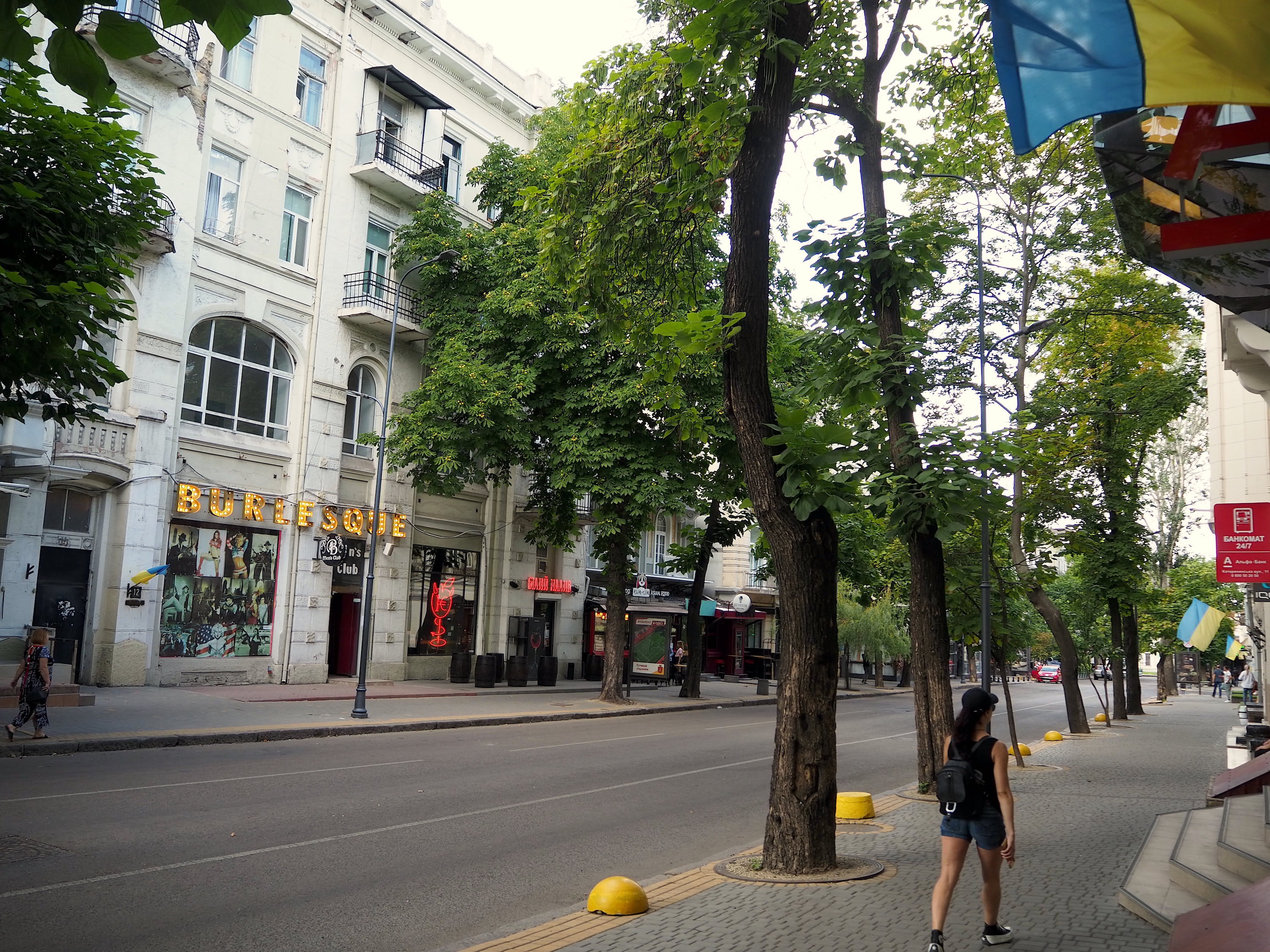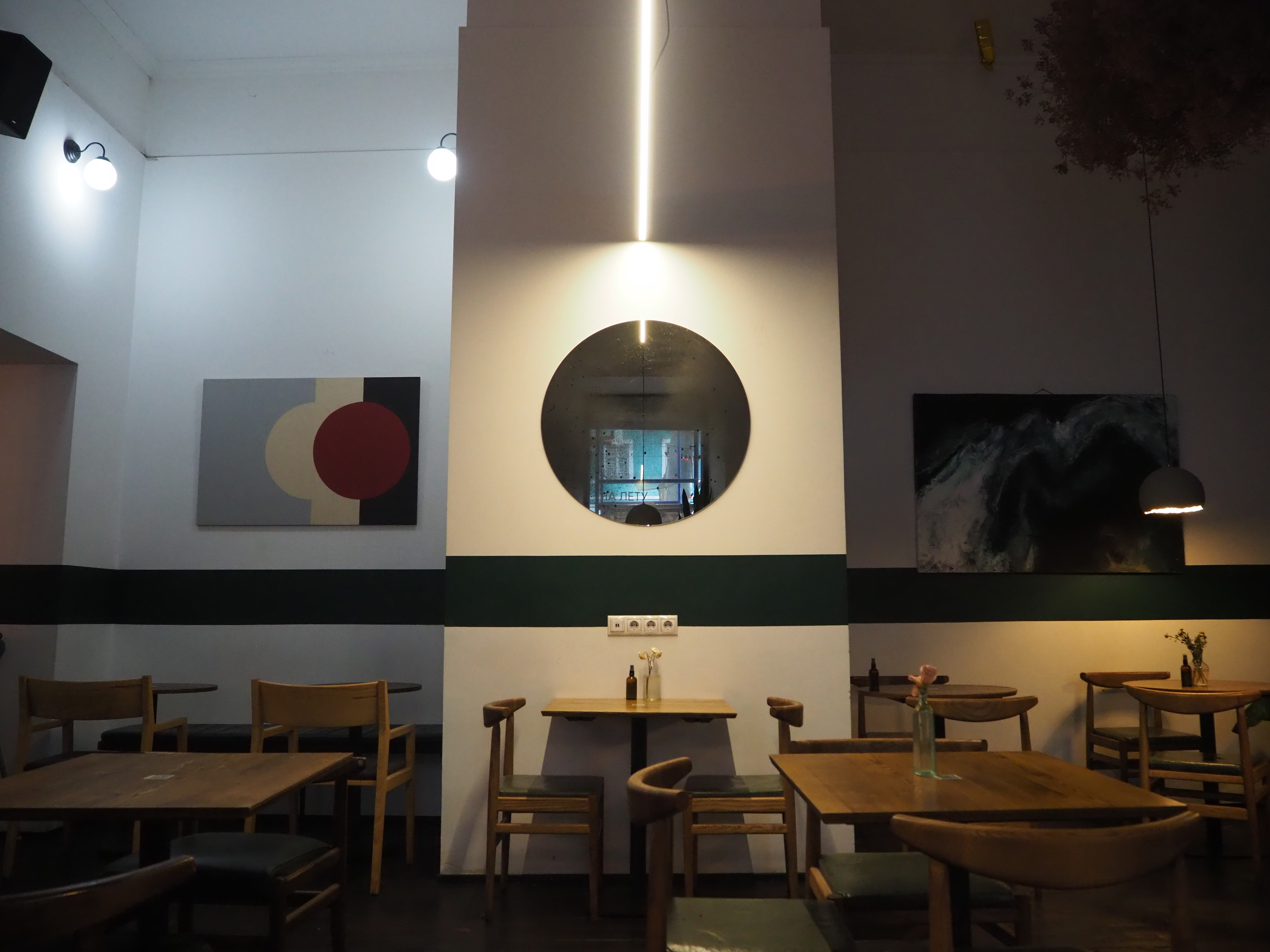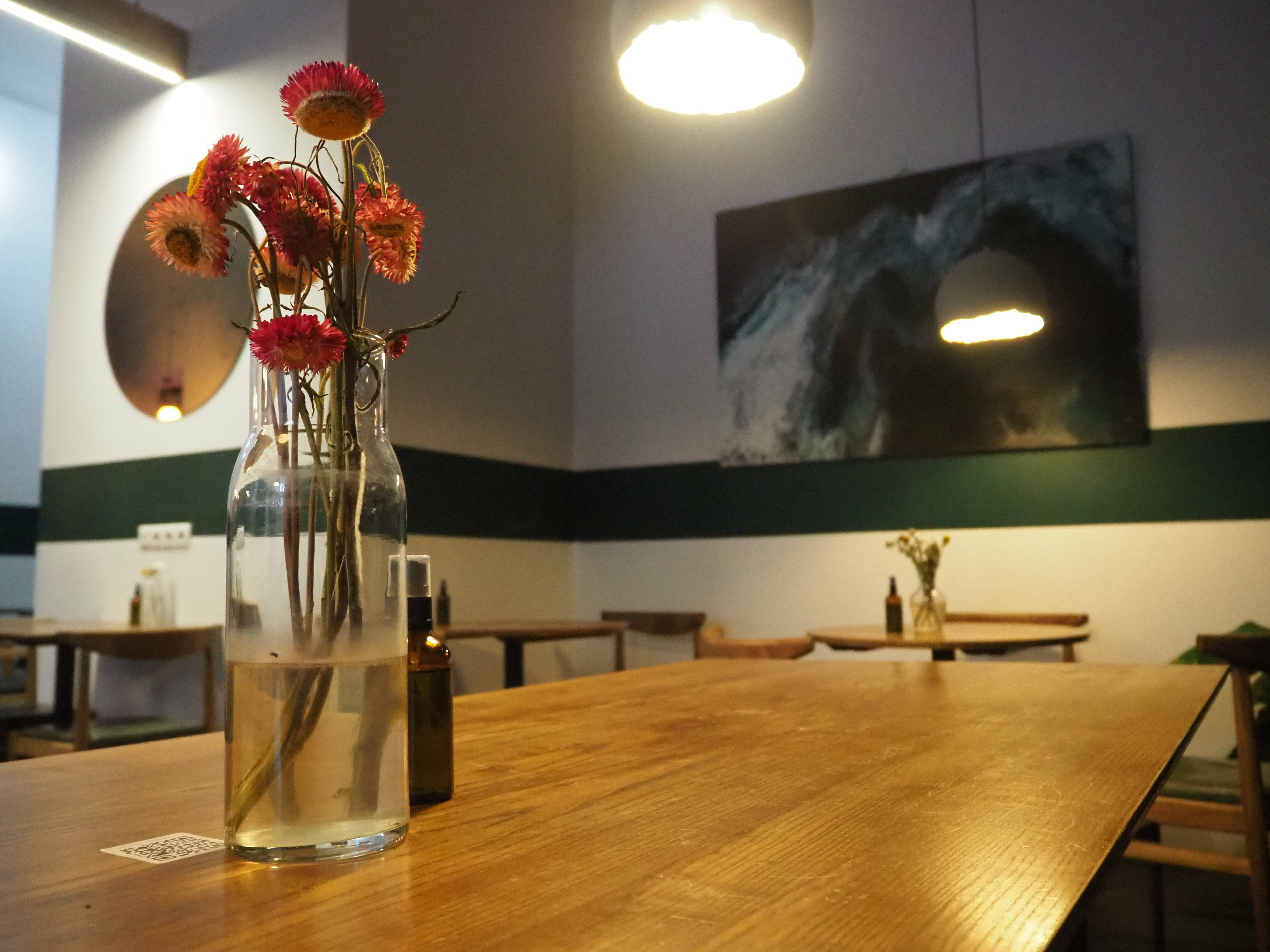ODESA – Odesa has always been Ukraine’s prime summer destination.
Packed streets, buskers on promenades, and a relentless mass of busy restaurants and bars filled with tourists ready to party until dawn were the regular scenery in the city from early May to late September.
But this summer, the loud noises that are heard in the Black Sea port city with a pre-war population of 1 million people are caused by Russian missile strikes.
An eerie silence replaced Odesa’s nightly hustle as Russia’s Black Sea Fleet started looming behind the horizon of the mined waterfront, while the 11 p.m. curfew made the city’s vibrant nightlife die out.
The three million tourists flocking the port city in 2021 are long gone. A handful of tourists, journalists, and locals are the only strollers in the city’s historic center.
This effectively puts the city’s businesses, especially in the hospitality industry, on their knees.
According to journalist Vladislav Davidzon, former chief editor of a local cultural magazine who is still visiting Odesa often, the port is living in constant anxiety as its next-door neighbor Mykolaiv absorbs the blows of the Russian army, and Odesa’s economy is tanking.
“Odesa under the blockade has been cut off from its lifeblood of shipping, wholesale trade, and hedonistic nightlife,” he told the Kyiv Independent. “The city likely has the worst possible economic trajectory of any large city in the country.”
Deserted city
Odesa has always had a distinct identity among Ukrainian cities, not least thanks to its nightlife. But Russia's war has put the city’s hedonistic culture on hold.
Six months into Russia’s full-scale invasion, Odesa’s deserted sunlit streets with elegant buildings are still disfigured by sandbags and anti-tank hedgehogs.
Hotels on Prymorska Street overlooking the sea can’t receive guests anymore, as only locals who live in the neighborhood can pass through the heavily guarded barricade set up in the area overlooking the port.
Hotels, bars, and restaurants – once prosperous businesses – are now closing en masse.
Lola Bistro is one of them. It likely won’t survive the fall.
Denys Kalinin, co-owner of this niche, French-themed 36-seat restaurant, may have no other choice than to shut down the business he opened in September 2021, he told the Kyiv Independent.
Lola’s monthly revenue dropped by four times after the invasion, he said, without specifying the exact number.
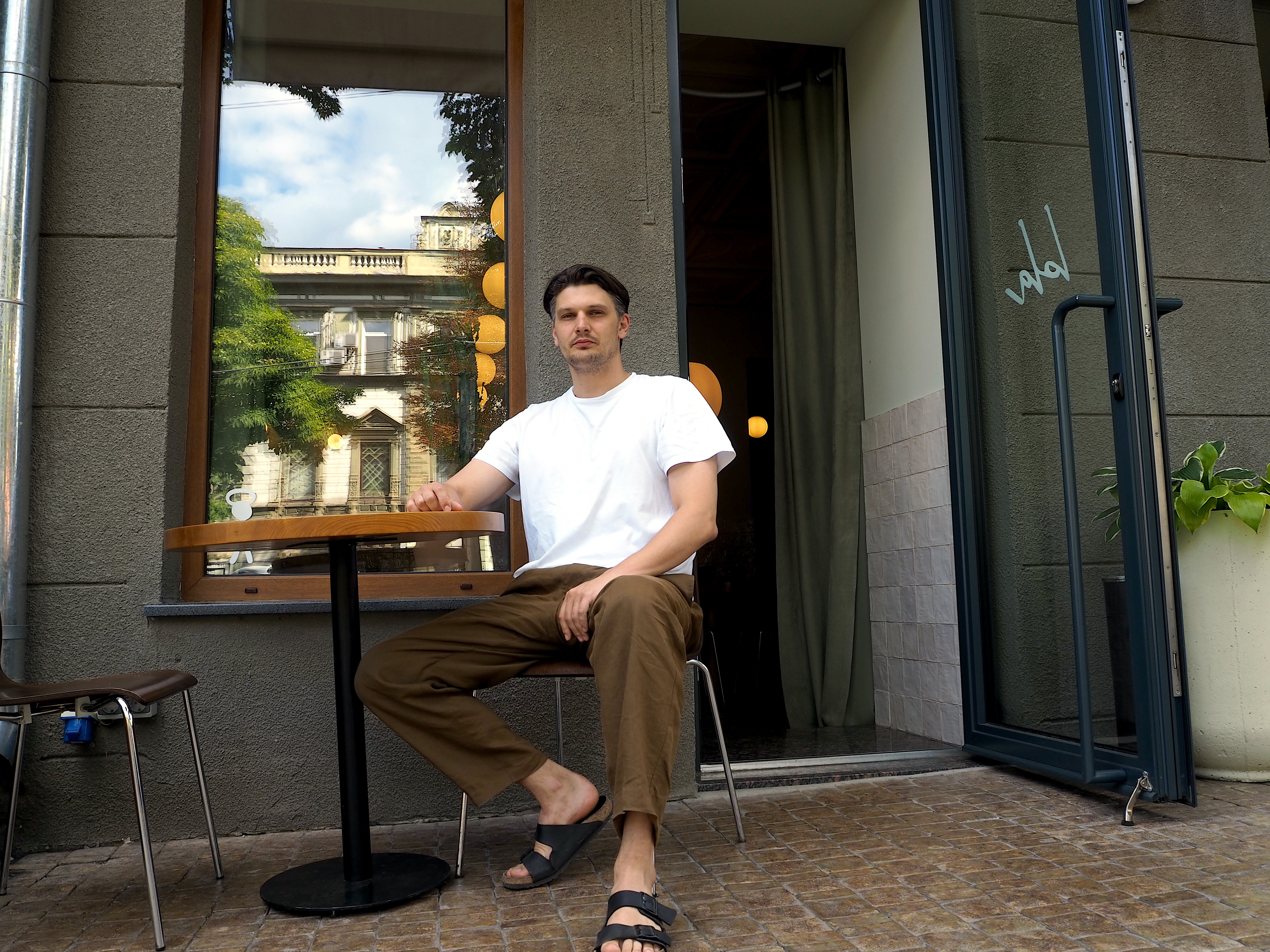
Before the invasion, many people from the IT, fashion industries, or other people with high income would come to Odesa to take a break from the buzzing life in the capital, he said. But that is not the case now.
“95% of our (regular) guests are not in Odesa right now,” he said.
Kalinin also had to reduce his staff by half, from 12 to six people, which means he is taking care of many tasks by himself.
“I’m also acting as a manager; I’m buying supplies for the toilets, the kitchen, the groceries, the finance stuff — it’s all me now,” he said.
As a result of restaurants, bars, and hotels going out of business, unemployment is rising in the city.
According to Serhiy Yakubovskyi, an economist by the Odesa Journal, the unemployment rate in Odesa increased by 88% from January to July.
Meanwhile, business owners like Kalinin also contracted debts by stocking up on supplies, thinking Odesa’s summer would make up for it.
Kalinin said he bought stocks of wine in advance to prepare for the summer. He didn't specify the amount of debt he has but said it was "massive."
“You earn 90% of your money between the end of May and October, and then you're just sleeping during the winter,” he said.
Lola Bistro used to be packed before the war, according to Kalinin, with up to three rounds of serving per night.
Kalinin admitted that while he usually tries to see the positive side in any situation, he is now feeling lost.
“I don't know right now what I'm planning to do.”
War-work balance
Yuliia Kostiana, the owner of Minimalist, a slick coffee shop located two streets from Lola Bistro, also said the tourism exodus took a toll on businesses.
“It's hard to survive in Odesa without tourists,” she said.
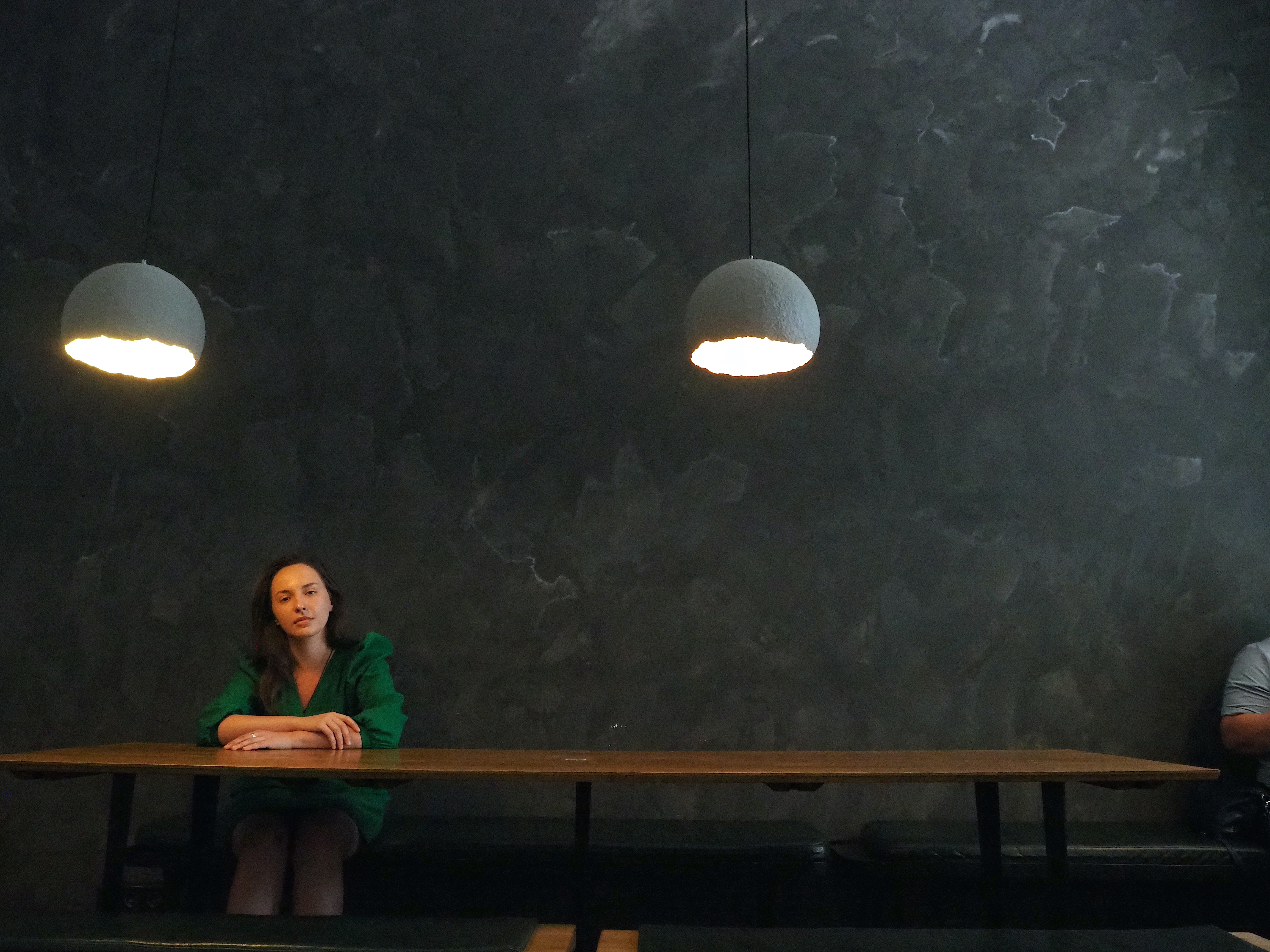
“Odesa was always a city where tourists come to stroll near the sea, to sunbathe on the beaches — and now the sea is off for the next couple of years,” Kostiana said. Even if the war ends tomorrow, the heavily mined Black Sea will make it hard for the city to recover.
Inflation also takes a toll on business revenues. The price for products depends on the dollar rate, which went from Hr 29 for $1 in February to Hr 36 for $1 in August, pushing the prices of imported products through the roof.
Kostiana says that a salmon filet that could cost $12 per kilogram in February went up to $24 in May before dropping to $16 in August. The restaurateur says she doesn’t want to inflict price fluctuation on customers as it may turn them away.
“When you change your prices too often, or you change your products too often, people leave,” she said.
The cafe’s revenue is now five to six times smaller than in the summer of 2021. Despite that, Kostiana needs to continue to pay her staff. She doesn’t have much left for herself.
“Now it's normal when a cook or an employee has more money than the owner,” she said.
Work-life balance now turned into a war-life balance for her, and despite hard times, Kostiana finds a way to help the military through her restaurant by donating 10% of the check on some of the meals to Ukraine’s Armed Forces.
“We need to understand that we are now drinking wine, looking at the blue sky, not hiding somewhere in the basements, thanks to someone who is now giving their life for us, someone who is protecting us,” she said.
Despite the hardship, Odesa, often called Ukraine’s “Black Sea pearl,” will never surrender to Russia because “every city under Russian rule is a disaster.”
“I believe that the people of Odesa will never give Russia this land,” she said.




